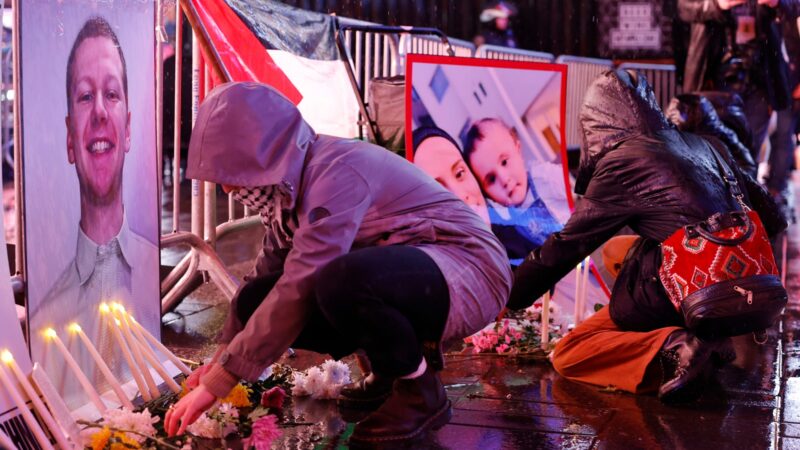Libya’s contact with Israel sparks protests, inciting a strong public response.

Libya’s Prime Minister has suspended the Foreign Minister following an informal meeting with his Israeli counterpart. This encounter, which signals a historic step towards establishing relations, has incited protests in Libya, which is a firm supporter of the Palestinian cause.
Eli Cohen, the Israeli Foreign Minister, hailed the meeting with Najla al-Mangoush as a significant stride in establishing connections. Israel aims to strengthen its ties with Arab and Muslim-majority countries that do not officially recognise it. However, Libya’s presidential council, representing its provinces, deems normalising relations with Israel illegal.
Accusations of grand treason by the Speaker’s Office in parliament and a referral for investigation by Prime Minister Abdul Hamid Dbeibah are directed at Ms. Mangoush. The unexpected announcement by Israel regarding talks with Libya is notable considering the historical Palestinian advocacy of the nation. The detailed nature of the statement perhaps aims to counter anticipated denials, even acknowledging Italian Foreign Minister Antonio Tajani for hosting the meeting in Rome.
An unnamed Israeli official revealed that the meeting, lasting over an hour, was arranged in advance at the highest levels in Libya. Cohen’s statement highlighted discussions about potential relations between the two countries, encompassing humanitarian aid, agriculture, water management, and the preservation of Jewish heritage in Libya.
Contrary to this, Libya’s foreign ministry asserted that Ms. Mangoush rejected a meeting with Israeli representatives and characterised the interaction as an unprepared, casual encounter during a different meeting. The ministry reiterated its steadfast rejection of normalisation with Israel.
Protests erupted in Tripoli and other cities, marked by roadblocks, burning tires, and Palestinian flag-waving. Libya’s internal political divisions, prevalent since Gaddafi’s ousting, could complicate any potential deal between Israel and Libya.
Israel’s pursuit of formal ties with Arab League nations without established relations spans from moderate states to historical adversaries.
In response, Libya’s Presidential Council demanded clarification from the government about the meeting’s circumstances. The Council emphasised that the meeting contradicts Libya’s foreign policy and national constants and violates laws criminalising normalisation with the “Zionist entity. The Council urged adherence to the law if the meeting transpired.






